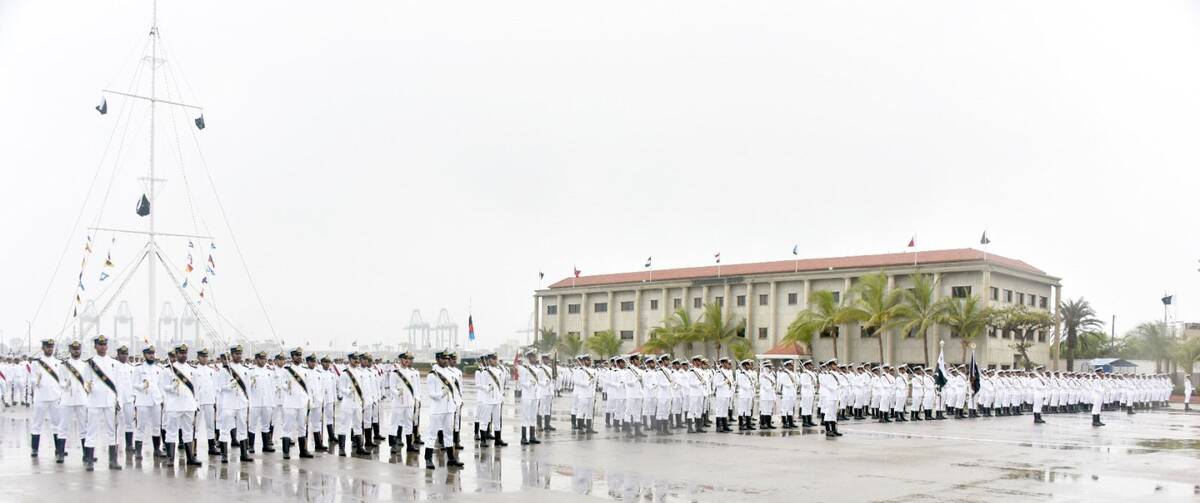KARACHI: Pakistan is expected to receive $10 billion from “friendly countries” and global lenders this fiscal year, Finance Minister Miftah Ismail said on Saturday, days after the South Asian nation reached an agreement with the International Monetary Fund (IMF).
Depleting reserves, a widening current account deficit and the depreciation of the Pakistani rupee against the US dollar, have left Pakistan facing a balance of payment crisis and an inflation rate of 21.3 percent.
As it reached a staff level agreement with the IMF last week — which would pave the way for the disbursement of $1.17 billion under a stalled $6 billion program — Pakistan hopes to receive additional external funding from its Middle Eastern allies such as Saudi Arabia and the UAE, multilateral creditors and global lenders.
“We think one of our friend countries will give $1.2 billion in financing for oil payment on deferred payment (basis), one country would invest $1.5 billion to $2 billion in stocks on G2G basis, and one friendly country will facilitate with supplies of gas on deferred payment,” Finance Minister Miftah Ismail told reporters.
Global financial institutions like the World Bank and the Asian Development Bank (ADB), are expected to provide Pakistan with an additional $6 billion in financing in the fiscal year 2022-23.
“My expectation is that we will get around $3.5 billion from the Asian Development Bank, $2.5 billion from the World Bank, that will make $6 billion. Apart from this, Asian Infrastructure Investment Bank will extend around $400-500 million, and also expect funding enhancement from Islamic Development Bank,” Ismail said.
IMF spokesperson Gerry Rice said in a press briefing on Friday that Pakistan will immediately receive $1.17 billion after approval from the IMF board, which is going to meet “anytime between three to six weeks.”
Pakistan secured a $6 billion IMF program in 2019, but less than half of that amount has been disbursed to date.
The expected tranche will bring total IMF disbursements to Pakistan to about $4.2 billion.
“We’re hoping this will help to stabilize the economy,” Ismail said, as the IMF deal is also expected to help take the load off the rupee, which is trading at historic high levels against the US dollar and crossed the Rs210 mark last month.
“We expect that after signing the agreement with IMF in July, the pressure on the rupee will ease off because last month $3.7 billion energy imports were made, we believe that this would come down to around $2.7 billion,” Ismail said. “This would help us to reduce import bill by $1 billion on energy import alone.”
“We think that if we reduce our imports from $6.5 billion, it would ease pressure on the rupee and the rupee may appreciate.”



















